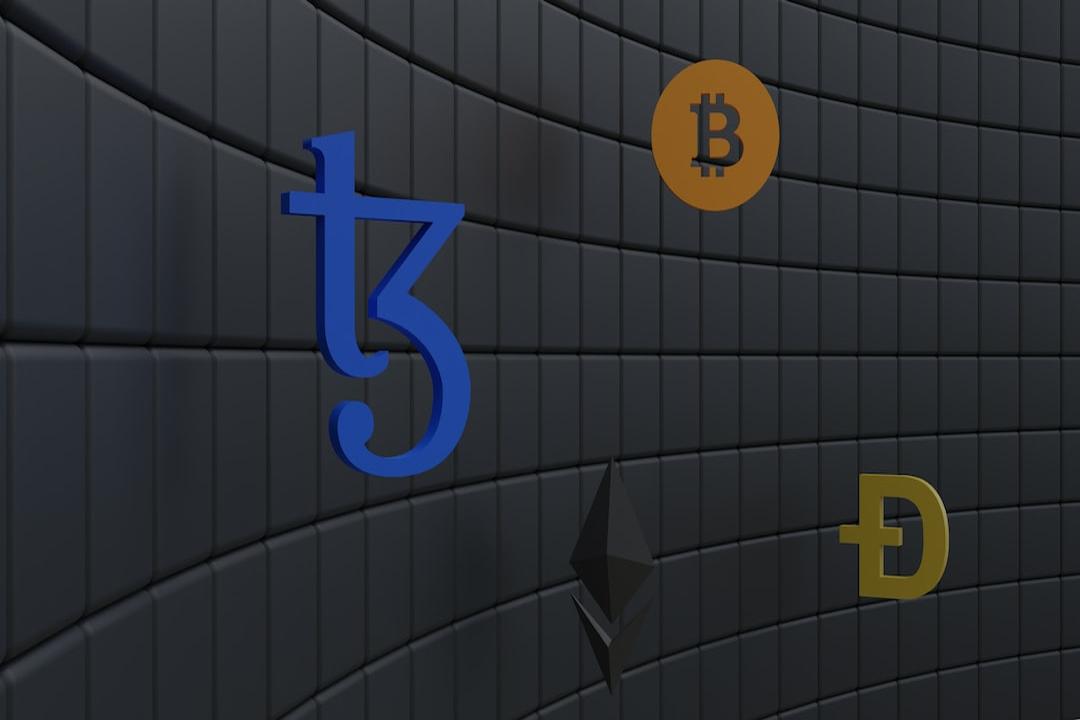Bedrock, a multi-asset liquid staking protocol, has confirmed that it was the victim of a “security exploit” involving uniBTC, resulting in the loss of approximately $2 million in funds. The protocol addressed the issue and assured users that their remaining funds were safe. Bedrock stated that it is finalizing a comprehensive reimbursement plan and will share it soon, along with a post-mortem report. The losses mainly occurred in decentralized exchange liquidity pools, but the wrapped BTC tokens and standard Bitcoin held in reserves were secure.
Bedrock, launched in February 2023 by Singapore-based blockchain firm RockX, offers products such as uniBTC, uniETH, and uniIOTX, which are synthetic representations of major blockchain tokens that allow users to earn yield through staking. The protocol prioritizes strict Know Your Customer and Anti-Money Laundering compliance to attract institutional investors with large sums of capital to liquid staking.
According to data from DefiLlama, Bedrock is currently the eighth-largest liquid staking protocol in the market, with over $240 million in total value locked (TVL) on its platform. The rise of liquid restaking and native restaking has made them some of the largest market sectors in the crypto industry since the launch of the ETH restaking protocol Eigenlayer in April.
Liquid restaking protocols now have a TVL of over $11.4 billion, while EigenLayer itself boasts more than $12.1 billion in TVL on its mainnet, according to DefiLlama. This growth highlights the increasing importance and popularity of liquid staking in the cryptocurrency ecosystem.
In related news, a proposed change could potentially save Ethereum from a “roadmap to hell” concerning its Layer 2 (L2) scaling solutions.

